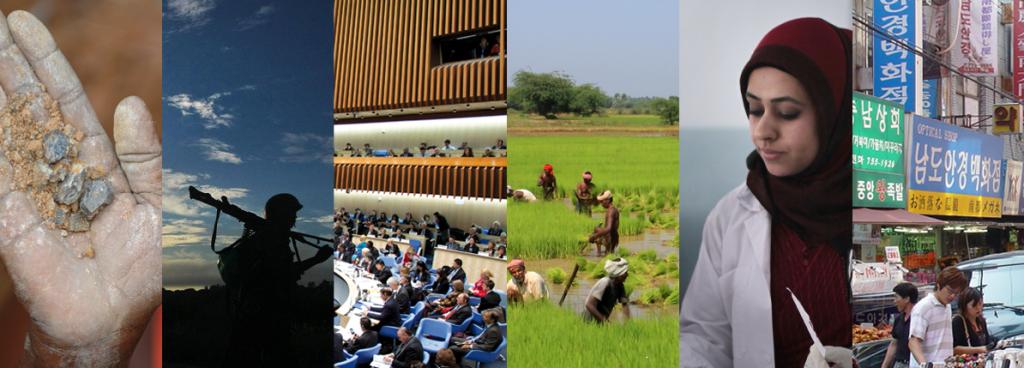aBSTRACT
The Universal Periodic Review (UPR) is a human rights monitoring mechanism established in 2008 in the context of the reform of the UN Human Rights Commission (now Human Rights Council). Formally defined as a peer-review process, states hold primary responsibility for assessing the human rights performance of other member states. Civil society representatives - identified in UN language as “other stakeholders" and including NGOs, national human rights institutions, trade unions and civil society organizations - can intervene but in a limited manner. They can provide information on the human rights situation in a country, lobby members of the Working Group, speak at the plenary adoption of the report by the Human Rights Council (at the end of the UPR process) and monitor and collaborate in the implementation of UPR recommendations by the State under Review. Despite the open recognition of the importance of their involvement in the mechanism, NGOs’ participation remains a highly contested issue. Since the creation of the UPR, the modalities and very possibility of NGOs’ participation have been (and continue to be) the subject of debates. Based on participant observation at the Office of the High Commissioner for Human Rights among a team of drafters in charge of producing the ‘Summary of other stakeholders’ contributions’, I reflect on the narrative techniques international civil servants use in order to preserve the principles of ‘impartiality’, ’neutrality’ and ’transparency'. I highlight the contradictory effects of knowledge practices and bureaucratic procedures on the articulation and understanding of social criticism. I examine the forms of discipline and modes of subjectivation generated by UPR modalities but also covert practices of resistance or ‘counter-conduct’ aimed at binding the rules so as to make documents speak. I ask: What forms of institutional knowledge, cultural capital, technical know-how and affects do UPR drafters mobilise so as to produce legitimate documents? What does drafters’ bureaucratic stamina in the face of burdensome and repetitive administrative tasks reveal about the nature and function of paperwork at the United Nations?
Click here to view this online via Webex
About the Author
Professor Julie Billaud is a legal and political anthropologist who has held positions in the United Kingdom (University of Sussex), France (Ecole des Hautes Etudes en Sciences Sociales) and Germany (Humboldt University and Max Planck Institute for Social Anthropology) prior to joining the Graduate Institute in 2019. She is the author of Kabul Carnival: Gender Politics in Postwar Afghanistan (2015, Pennsylvania University Press). The book is an ethnographic study of the “reconstruction process” in post 9/11 Afghanistan carried out among various groups of women targeted by “empowerment” projects. It focuses on the politics of humanitarianism and legal reform, unpacking the tensions and contradictions that arise when competing understandings of “democracy” and “human rights” confront each other in a global humanitarian theater.
At the Institute, Professor Billaud teaches the Anthropology of Human Rights (ANSO) and Comparative Humanitarianism: Anthropological Perspective (MINT).




